In this post, I’m going to discuss how demonization and digitization can undermine democracy and what we need to do to restore democracy in the world.
I know…two pretty big challenges for a short post, but here’s my best shot.

When I went through Army Basic Training during the Vietnam War, many of the exercises were designed to demonize the Vietnamese people.
When we stabbed our bayonets into dummies, we were instructed to yell, “Kill the Gooks!”
Rifle practice consisted of “taking out the Cong.” Our leaders in the Pentagon and White House measured success by Viet Cong body counts.
Ask any persecuted minority in the United States what it feels like to be demonized: Native Americans, African Americans, Hispanics, Jews, Chinese Americans, Japanese Americans, Italian Americans, Irish Americans, Asian Americans—they all have horrifying stories to tell. Using a diminishing or dehumanizing label to describe a group of people is a simple way to dismiss them. When we dismiss or demonize people we avoid the hard work of learning each person’s unique history and possibility.
I have been fortunate not to have been totally and consistently demonized for being who I am and what I look like. At this point in my life, I’m a bit demonized (or more accurately stated, dismissed) for being an old, white, straight, male. OK, guilty as charged. I’m also demonized by many for being a bi-coastal, latte-drinking, Volvo-driving, NYT-reading, PBS-watching, UU-going, highly educated, liberal elite. I don’t feel bad about being demonized by those labels.
To be fair, I’m not completely clean myself. I’m guilty at times of thinking horrible thoughts about the religious right, the righteous Republicans, and the revolting rich. I can be justly accused of condescending, contemptuousness, and ugly contrarianism. Perhaps a better word than demonization to describe this phenomenon is “otherization” or dismissive disregard. Still, no matter what you call it, divisive and derisive language and behavior serve to polarize rather than unite independent of the philosophy you espouse.
Democracy requires a coming together, not a tearing apart.
You may or may not feel demonized, but you are definitely digitized.
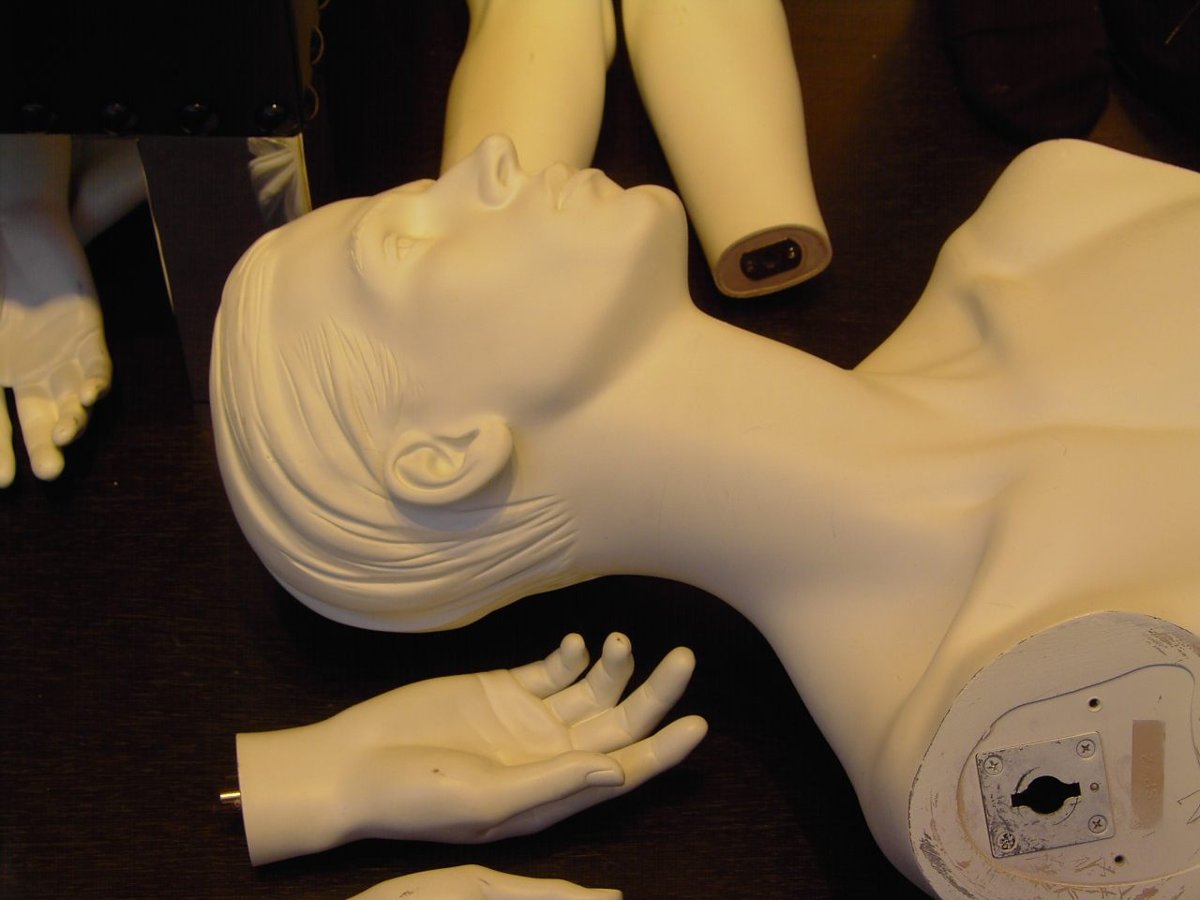
I just watched the documentary 63 Up.
In this 56 year project, the producer interviewed several people in England in seven year intervals starting at age 7 and ending at age 63.
It demonstrated the powerful effect of class and aging on our lives.
The premise of the documentary was “Give me a child until he is 7, and I will give you the man.” The stories compellingly supported that hypothesis. Essentially, the kids who went to private, boarding schools not only turned out to be lawyers, professors, and mathematicians but also carried their privileged and arrogant attitudes with them throughout their lives. The kids who started out poor and marginalized ended up in the same state. What struck me, however, was the power of tracking someone’s life over a long period of time.
Snapshots every seven years of a person’s life, and how it is evolving or devolving, was sobering and shocking.
New digital technologies now take that tracking to a granular, continuous and specific level that would have been incomprehensible ten years ago.
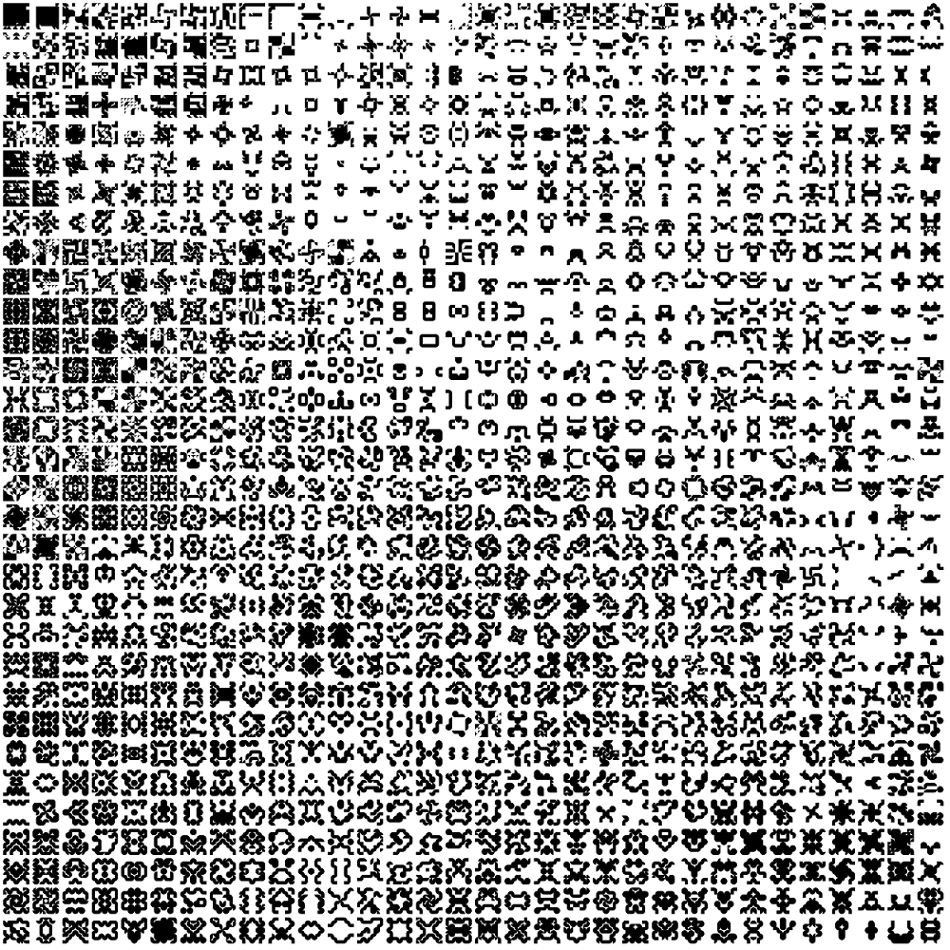
The combination of GPS and big data now make it possible to track every move we make over the course of our lifetime.
And that data are being sold to people who could use it for nefarious purposes.
A series of reports in the New York Times by Charlie Warzel and Stuart Thompson reveal how dangerous this trend is:
“In the United States, and across the world, any protester who brings a phone to a public demonstration is tracked and that person’s presence at the event is duly recorded in commercial datasets. At the same time, political parties are beginning to collect and purchase phone location for voter persuasion.
‘Without question it’s sinister,’ said Todd Gitlin, professor of journalism at Columbia University and former president of Students for a Democratic Society, a prominent activist group in the 1960s.
‘It will chill certain constitutionally permitted expressions. If people know they’ll be tracked, it will certainly make them think twice before linking themselves to a movement.’
A trove of location data with more than 50 billion location pings from the phones of more than 12 million Americans obtained by Times Opinion helps to illustrate the risks that such comprehensive monitoring poses to the right of Americans to assemble and participate in a healthy democracy.”
To be fair, there is no question that digitization can also be for better.
Providing universal access, improving efficiency and effectiveness, and enabling collaboration are all pluses. For example, I recently attended a conference on digitization at a professional services firm. They demonstrated a capability to technology-enable optimal customer, organizational, and human experiences in a very short amount of time. They showed profound savings and satisfaction with their digital solutions.
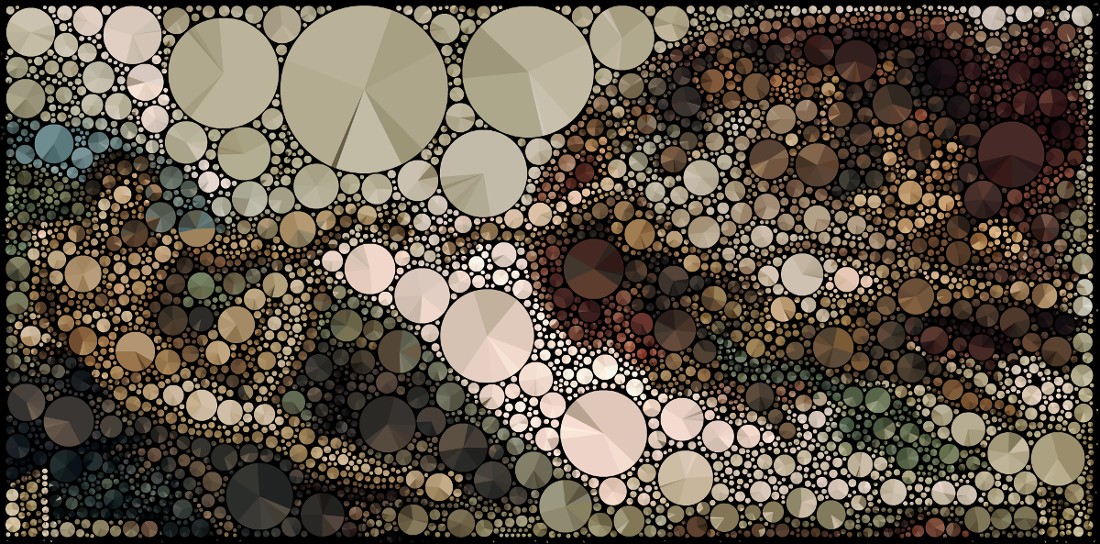
My main intention in this post, however, is to discuss how demonization and digitization can have negative effects on democracy.
Demonization causes polarization and digitization causes Balkanization by reinforcing ever-smaller bubbles and tribes through targeted marketing and messaging.
Democracy requires that people feel safe to express diverse opinions and beliefs and to gather peacefully and/or privately whenever and wherever they want.
Democracy has never been an easy proposition and it is now under attack across the world.
In her new book, Daring Democracy, Francis Moore Lappe—the author of Diet for a Small Planet—suggests there are three conditions necessary for bringing forth the best in our nature and keeping the worst in check:
- First, there must be a wide dispersion of economic and political power.
- Second, there must be openness and transparency.
- And third, there must be a culture of mutual accountability.
We are currently missing all three.
To me, the primary reason that democracies are currently suffering is because power trumps meaning and connection.
The drive to accumulate power and wealth far outweighs the desire for fairness, freedom and justice. The challenge is to embody the needs for meaning, community and connection and to work for them to change the system’s rules and norms.
In my experience, the two biggest factors for culture change are leadership role modeling behavior and the reward system.
There is plenty of evidence to suggest that leaders seem to be acting more out of self-interest and the reward system is completely out of whack. I guess we all need to seek ways to step up ourselves and to change the system in whatever way we can.
Saving our democracy has never been more important.
Demonization and digitization are on the rise; democratization is facing its demise. Hopefully, in this next decade, starting in November 2020, we can begin to turn around those trends. So, in this season and the years to come, let’s spend less time digitally demonizing folks and more time healing our communities, helping the poor, and finding harmony in ourselves. May it be so.

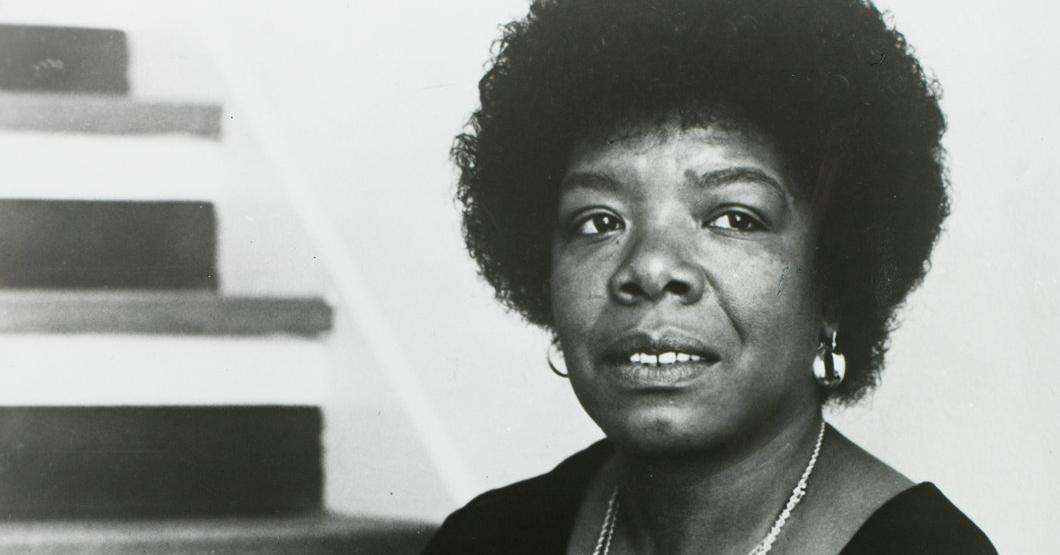

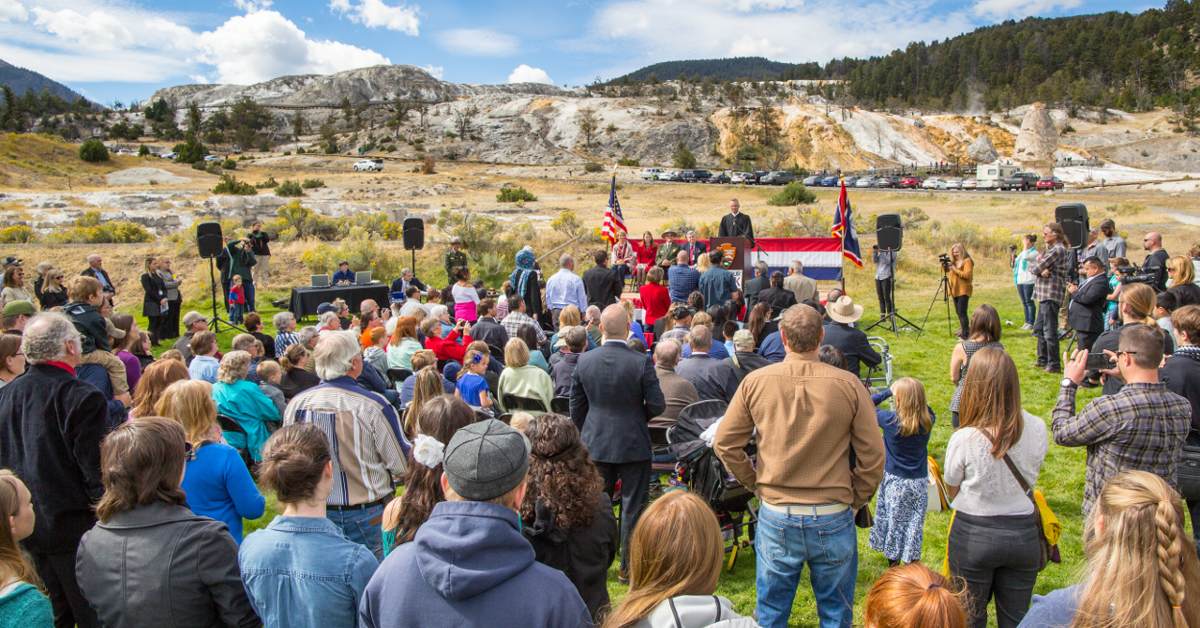
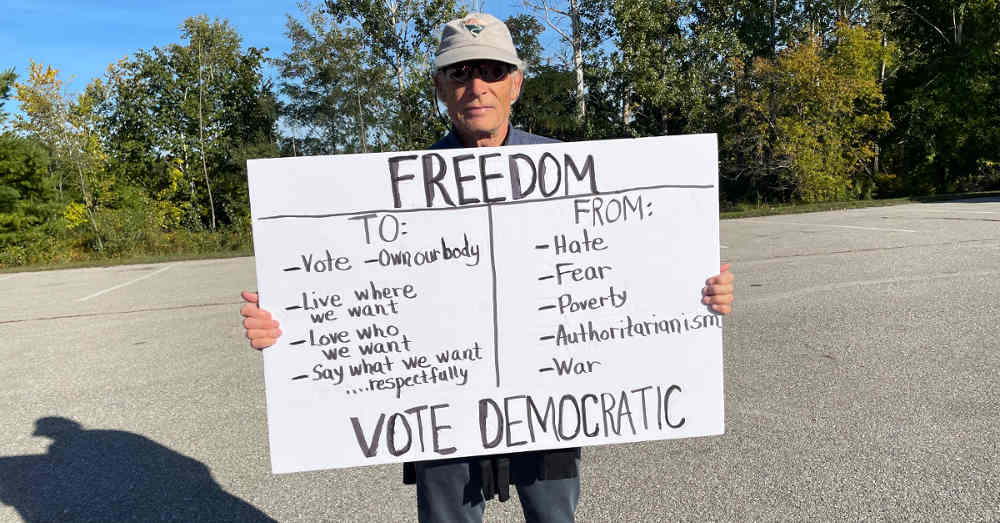
May it be so indeed! Thank you Ricky
Amen Ricky! Thank you my friend!